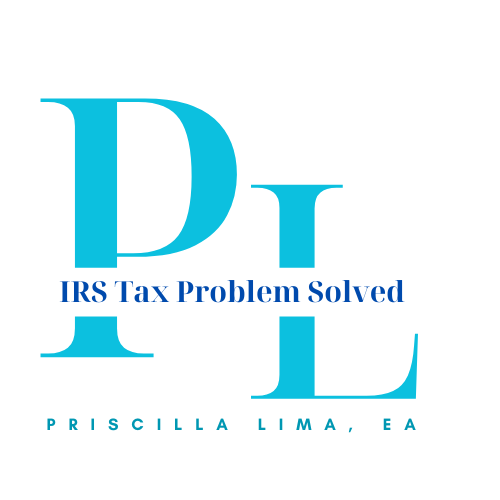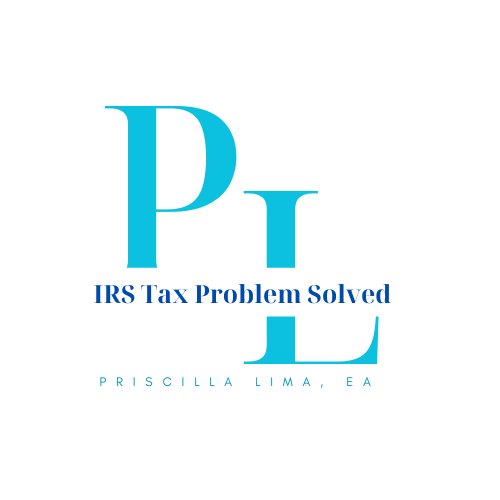Problems are a part of life… so are solutions.
Audit
There are 3 types of IRS lottery…, I mean IRS audits: correspondence, office, and field.
IRS may examine income, expenses, deductions, credits, and simply any other information of interest. Their purpose is to ensure the information reported is in accord with tax laws or to gain more information so they can change those tax laws or use it for others.
If you have already started the examination process, you have the right at any point to stop the audit until you have obtained proper representation during a reasonable timeframe.
Installment Agreement
There are different payment plans to meet different goals.
There are short and long-term plans. Some are designed to prevent a federal tax lien from being filed against your properties, while others will allow you to withdraw a lien if you meet certain terms.
Your specific tax and financial situation will help determine which payment option is best for you.
An agreement is a great way to help reduce your stress over the looming tax debt.
Offer in Compromise
Can’t pay the tax bill in full or doing so causing a financial burden? An offer in compromise may be the way to go.
The IRS allows you to settle your debt for less if your financial circumstances qualify.
My acceptance rate upon submitting an offer in compromise is high. This isn’t by chance… I know what makes a great offer candidate.
Federal Tax Lien
A federal tax lien is a legal document filed by the IRS in the county where the individual resides or where the business operates.
It gives notice to all creditors that the government has the right to your current and future properties.
The good news is that tax liens can be released or withdrawn. They can also be “lifted” if you are selling or refinancing your property in order for the transaction to go through.
Federal Tax Levy
An IRS tax levy is the legal seizure of your wages, social security benefits, contractor compensation, bank accounts, and other financial sources.
A levy on income sources is continuous until released. Not only does the levy cause severe financial hardship, but it also impacts you and your family’s well-being.
Releasing a current levy or bank garnishment, and preventing this from happening is a top objective in my practice.
Penalty Abatement
If you have not adequately filed or paid the IRS, the penalties and fees can add up. Sometimes even doubling what you owe. The worst part is that interest can be charged on top of these penalties!
The most common reasons the IRS has for charging penalties are:
1. Failing to file a tax return on time
2. Late payments
3. Untimely deposit of employment taxes
4. Underpayment of tax
However, there are ways to remove or waive penalties.
Employment Tax and Trust Fund Penalty
Generally, employers must withhold federal income tax, social security tax, and Medicare tax from their employees. That employer then holds the taxes from the employees in a trust that is paid to the National Treasury. This is referred to as trust fund taxes.
The problem occurs when the employer fails to fund the taxes it was entrusted to remit to the Treasury.
The IRS will not only hold the business responsible, but also any person involved such as corporate officers, employees, payroll service providers, and even accountants.
Employment tax liabilities and trust fund penalties is a serious matter that must be addressed as quickly as possible. If left unattended, the IRS can stop business operations and criminally prosecute you.
If you owe employment taxes or trust fund penalties, let me represent you right away!
Innocent or Injured Spouse Relief
When you file a joint tax return you are both automatically responsible for the tax, even if one spouse withheld more than the other.
If your spouse underreported income or your portion of your refund was taken and applied to a debt that belongs to your spouse, you may qualify for relief.









